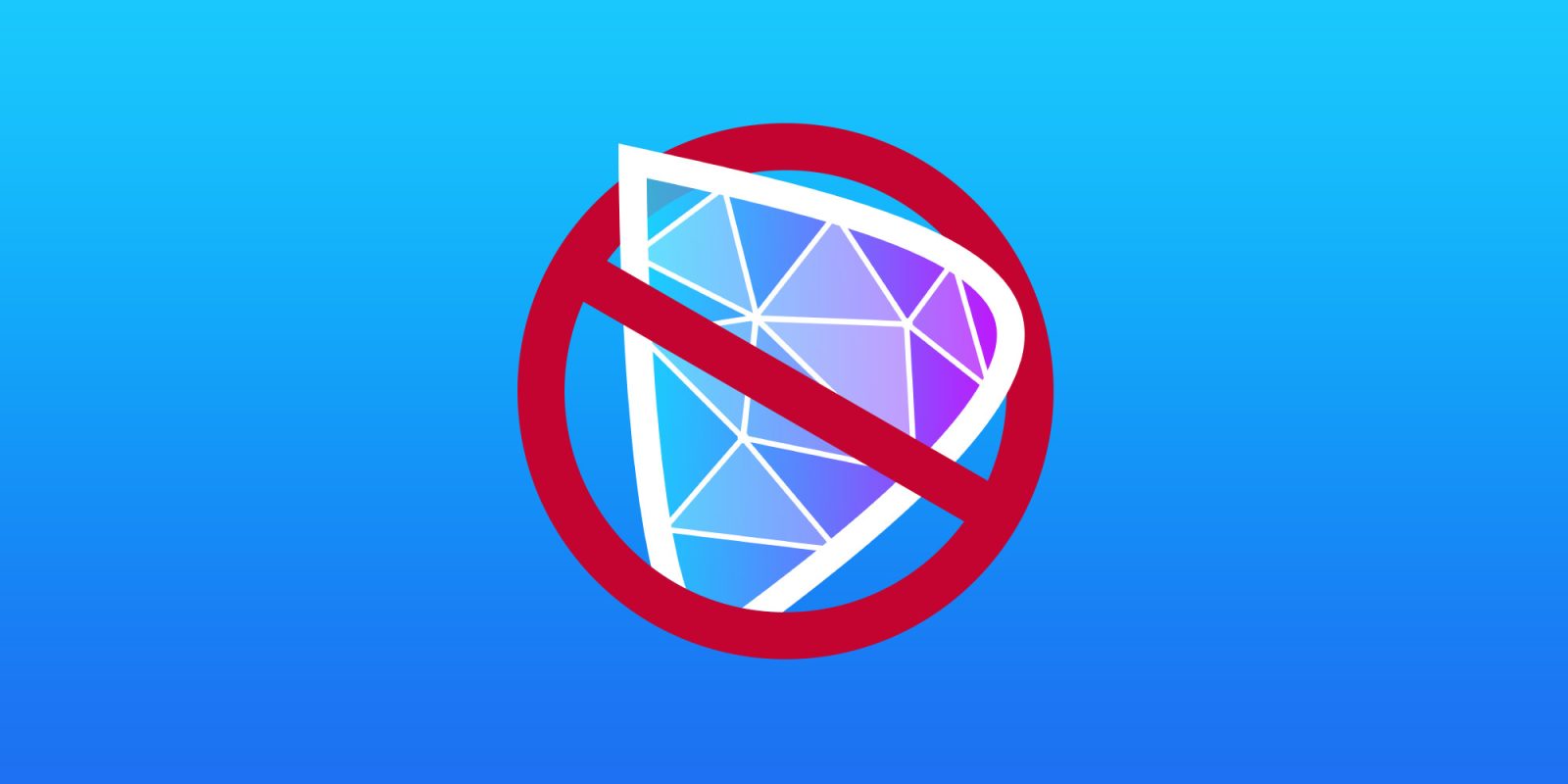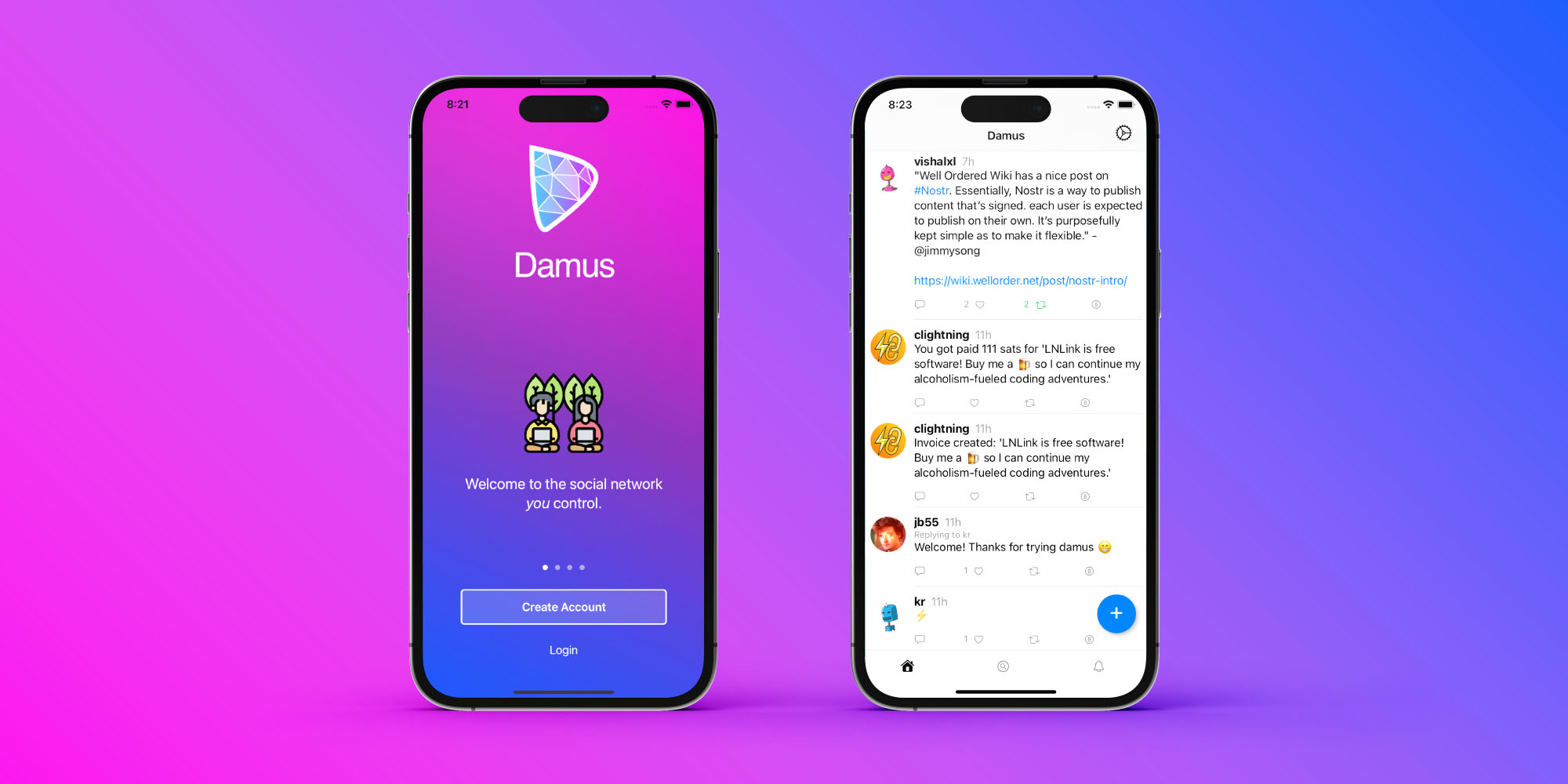
Damus is the first iPhone app for the Nostr social network, which is based on a decentralized platform and is supported by Twitter co-founder Jack Dorsey. After being removed from the Chinese App Store earlier this year, Damus was almost banned worldwide by Apple – but this time for a different reason. That’s because the company wasn’t happy with a feature that let users tip each other using Bitcoin.
Damus app and Bitcoin transactions
Nostr works similarly to other social networks, like Mastodon and Bluesky (which are all inspired in some way by Twitter), but with its own particularities. And Damus, an app that lets users access Nostr through their Apple devices, has a feature called “Zaps,” which are basically Bitcoin-based microtransactions.
Users can “Zap” each other as a way to gift content creators. For example, Zaps are available on users’ profiles and also on individual posts. But that’s changing now because of a decision by Apple. On Tuesday, Apple reached out to the developers of Damus to inform them that the app would be removed from the App Store for violating the company’s guidelines.
More specifically, Apple reinforced that letting users send money in response to individual content posted on the social network was considered “selling digital content.” Apple also complained about “Zaps” not relying on in-app purchases.

Apple and the developers have reached an agreement
Of course, the news resonated negatively on the internet. Jack Dorsey said on Twitter that the situation was a “misunderstanding by Apple of how this feature works” and that “tipping posts is not selling digital content.” Tim Sweeney, CEO of Epic Games, known for his battle with Apple, said that letting Apple tax Damus will set a precedent for Apple to “tax digital banking, payroll, and anything else.”
Current Twitter CEO Elon Musk, also known for not agreeing with App Store guidelines, replied to Sweeney’s tweet with “Major concern.”
After the negative reactions, Apple again reached out to the Damus developers to discuss what could be done to keep the app available on the App Store. The two groups reached an agreement, and Damus can keep Zaps transactions but only on user profiles. The option to send Zaps to individual posts is no longer available, as Apple still considers this as selling digital content.
The antitrust case against App Store
Apple’s arbitrary decisions when it comes to the App Store and in-app purchases are among the main reasons why the company has been facing scrutiny from governments around the world, especially from the European Union. According to rumors, Apple is working on allowing sideloading in iOS.
Although none of this has been announced for iOS 17 beta, Apple’s VP of Software, Craig Federighi, said in an interview that Apple wants to comply with EU decisions.
FTC: We use income earning auto affiliate links. More.


Comments